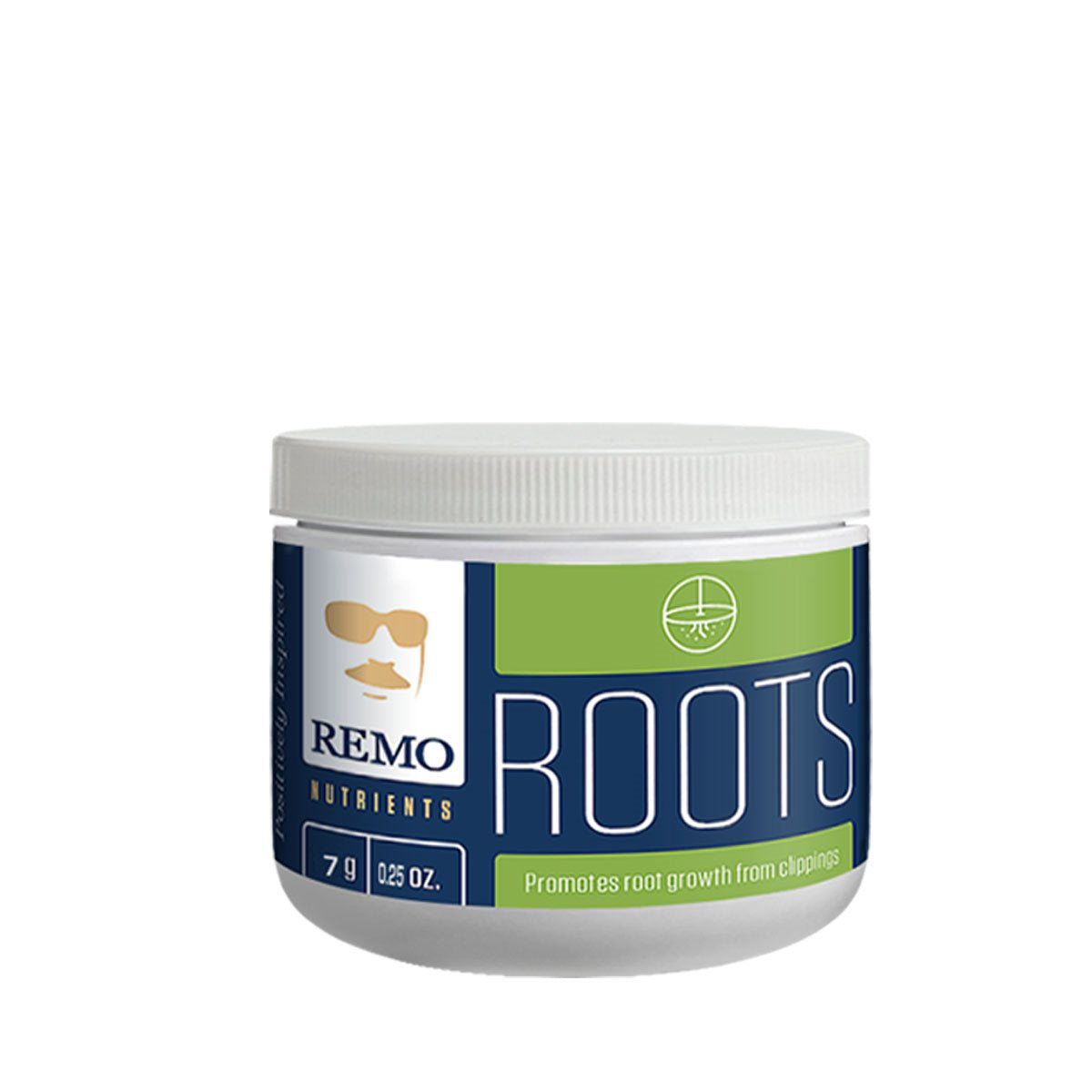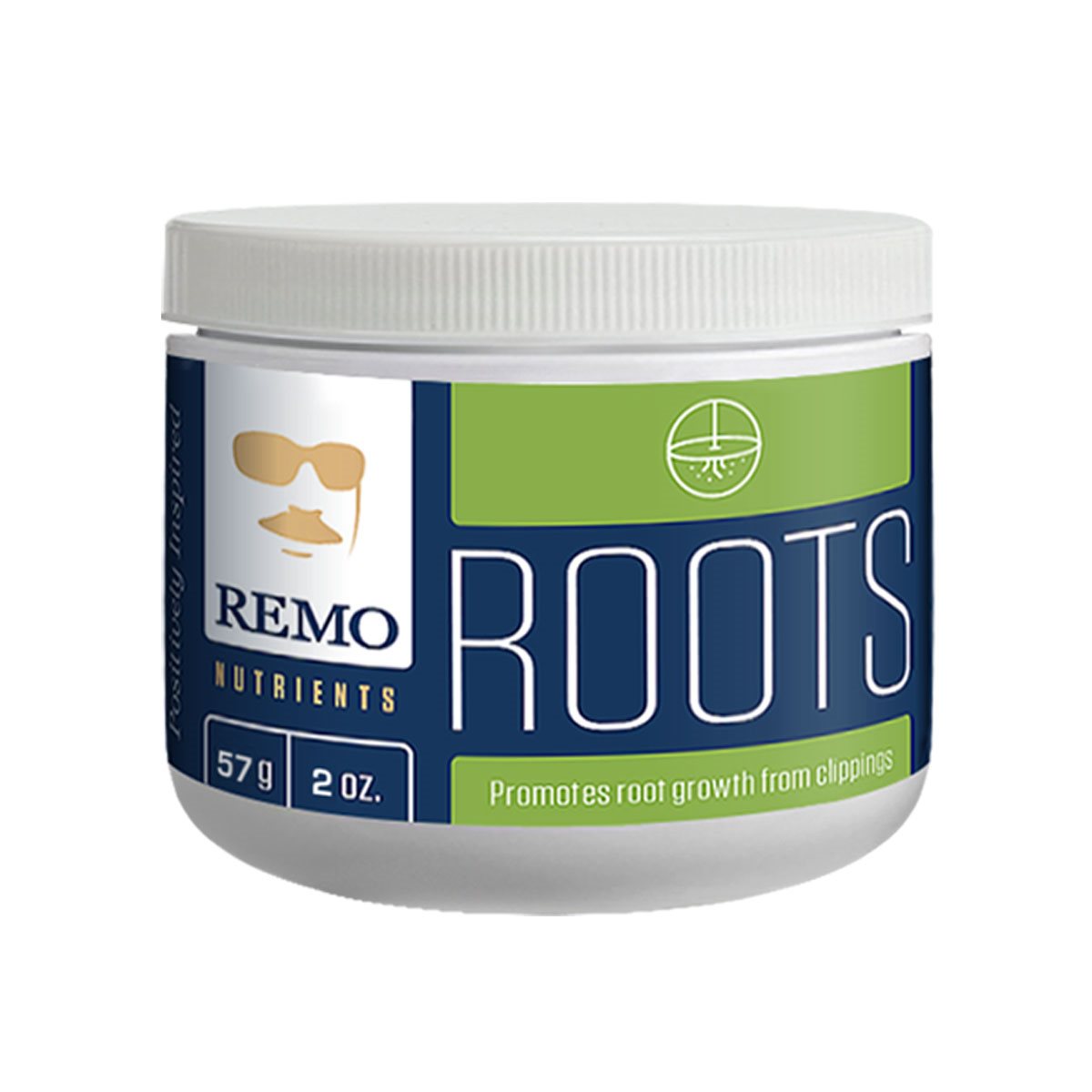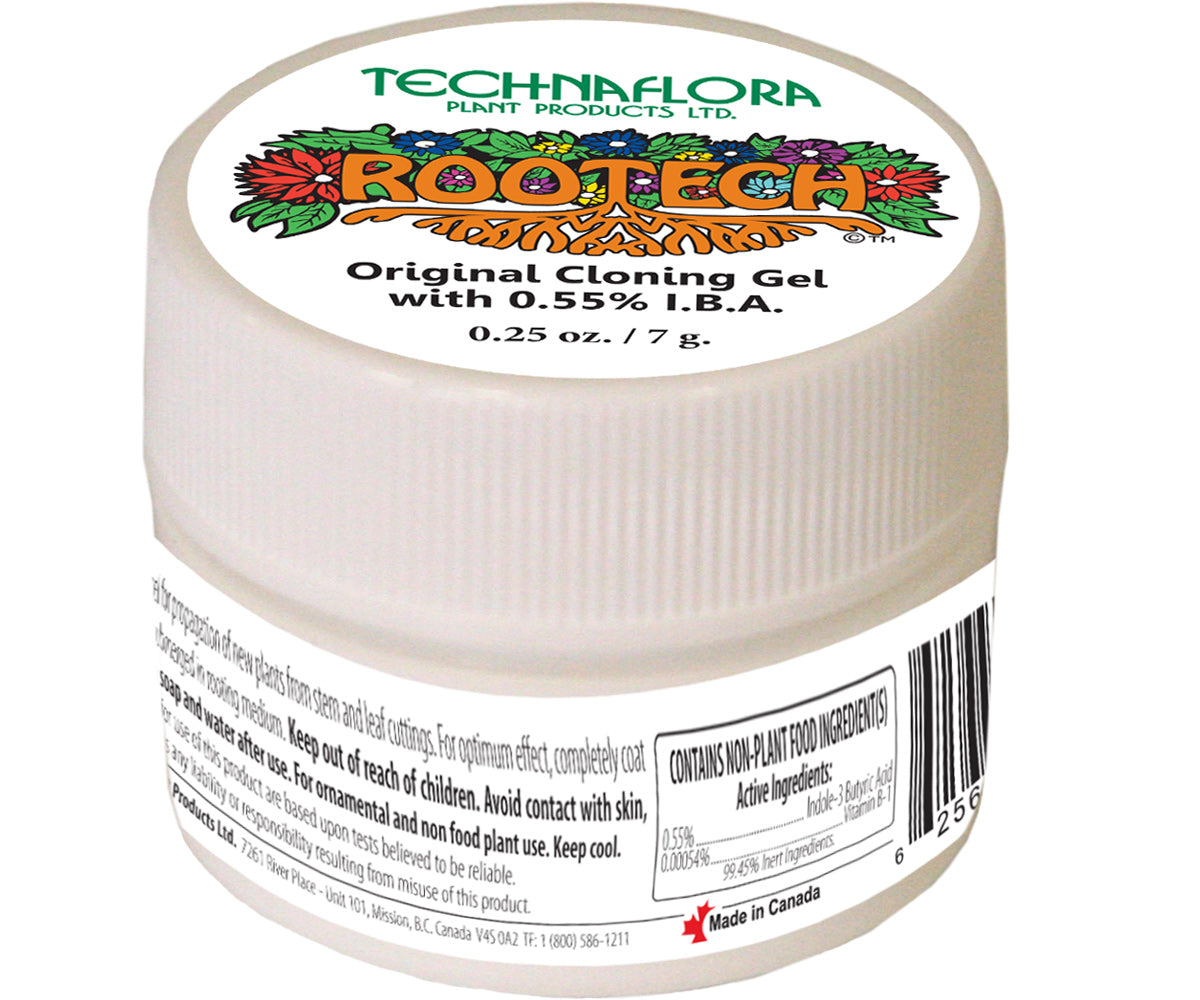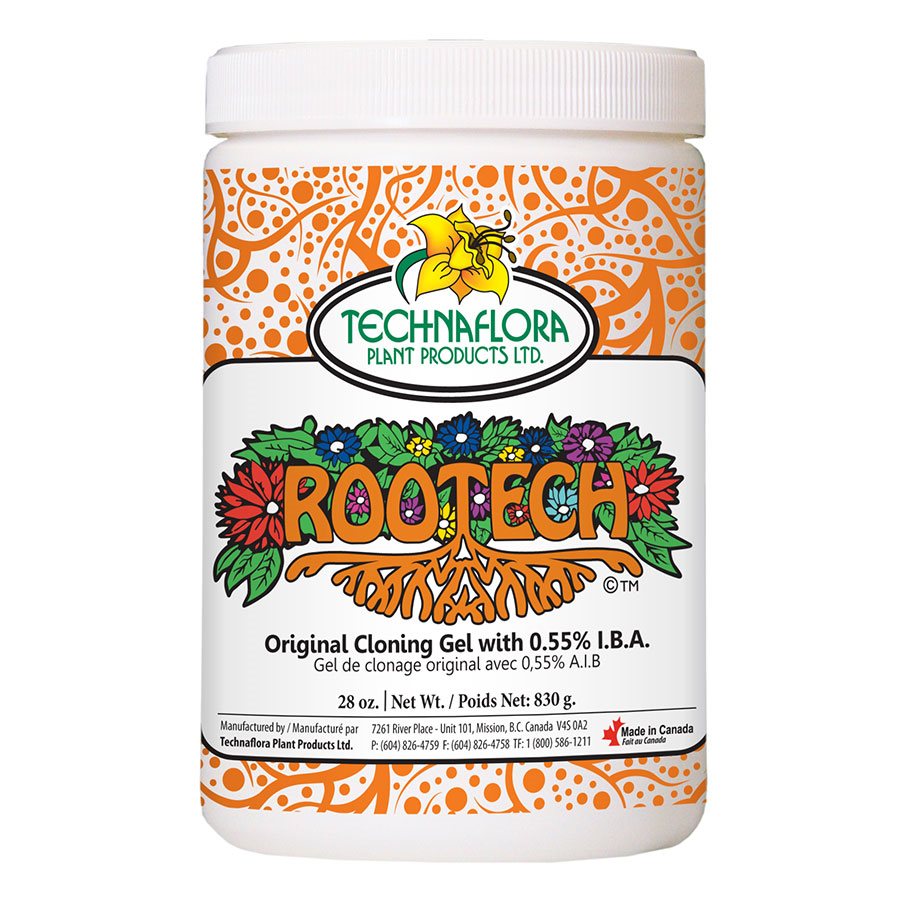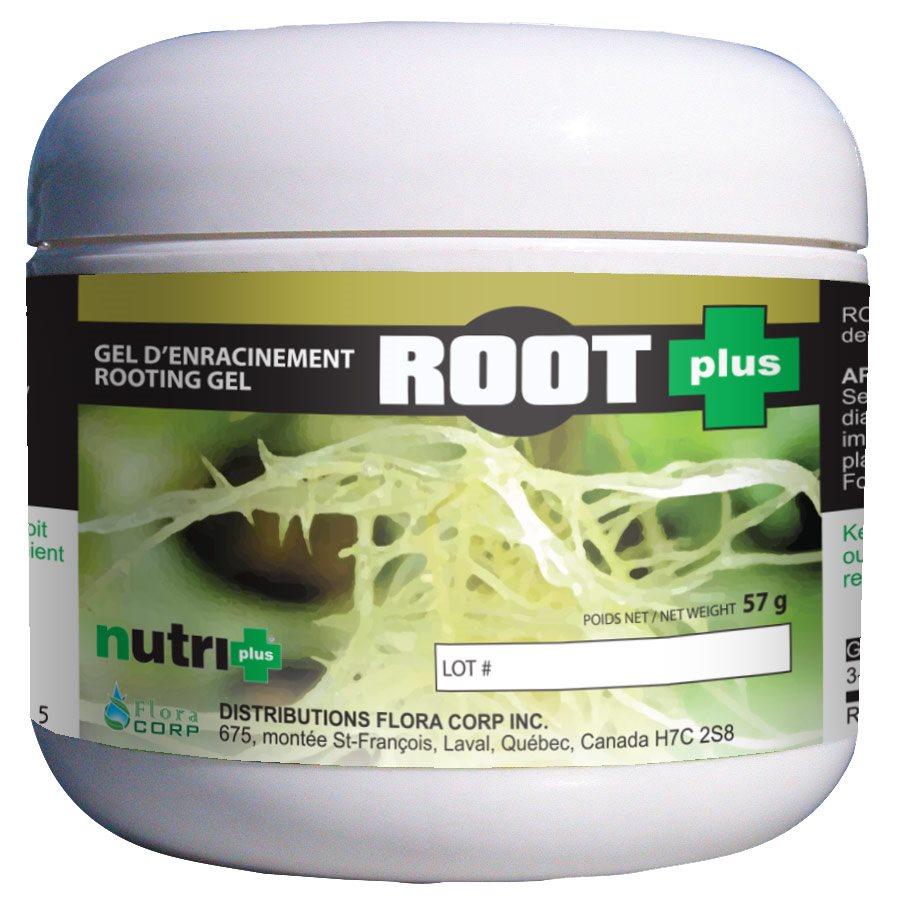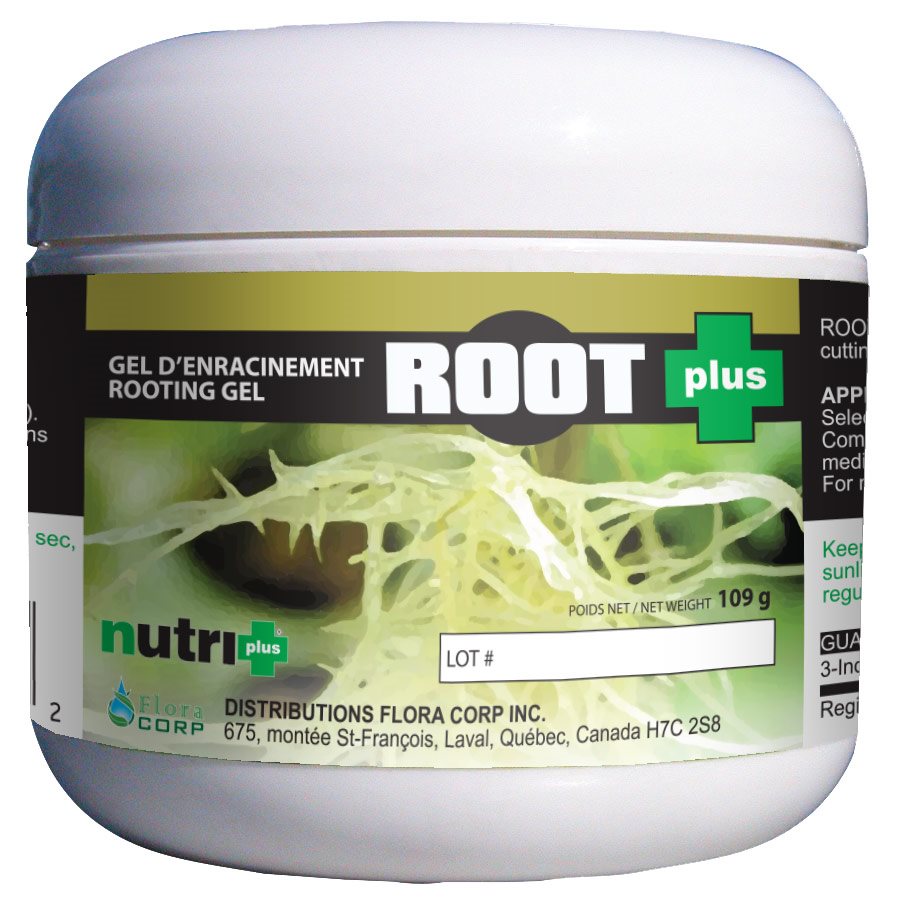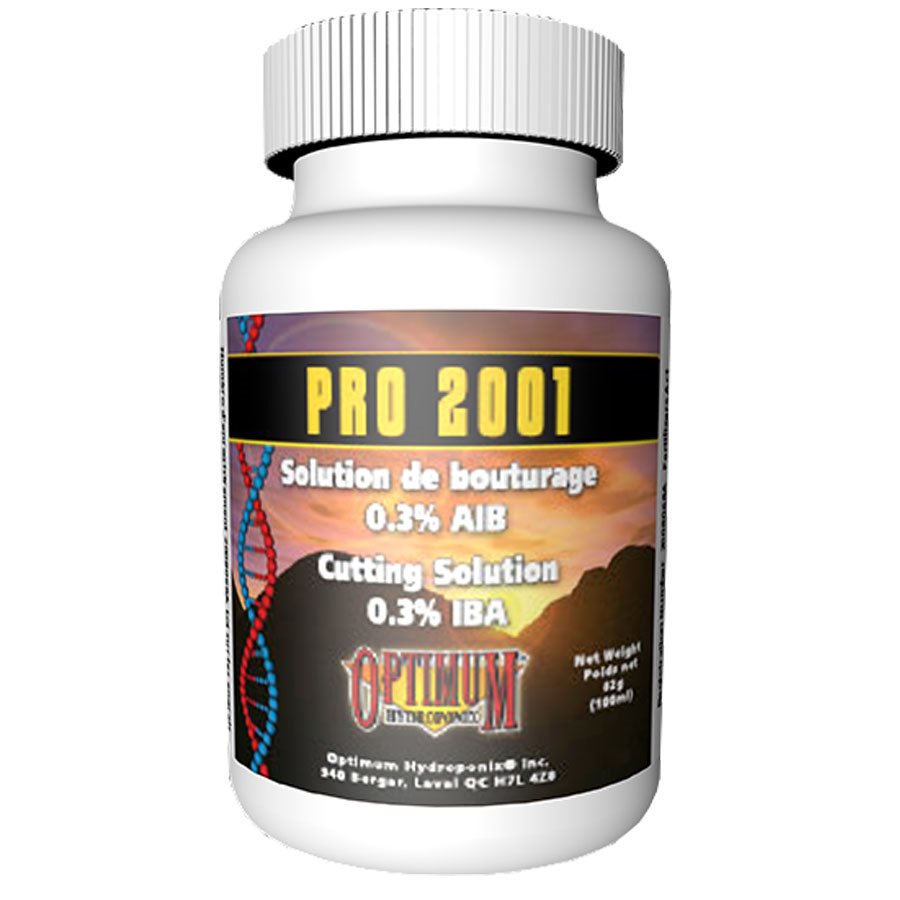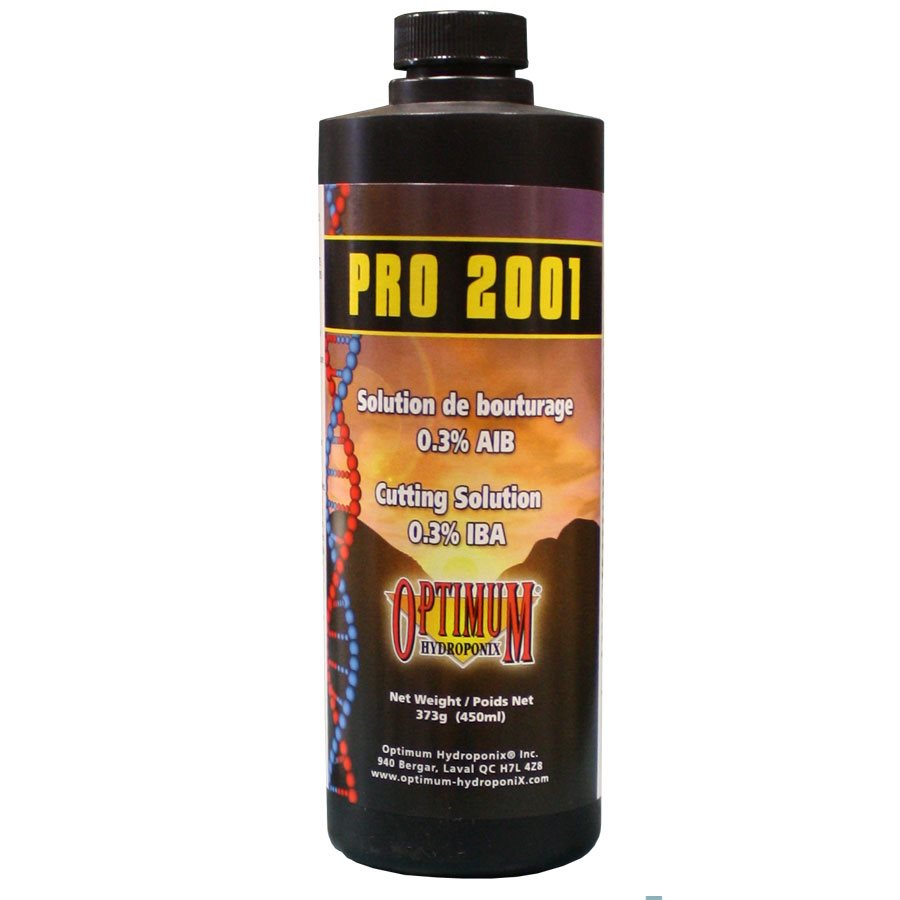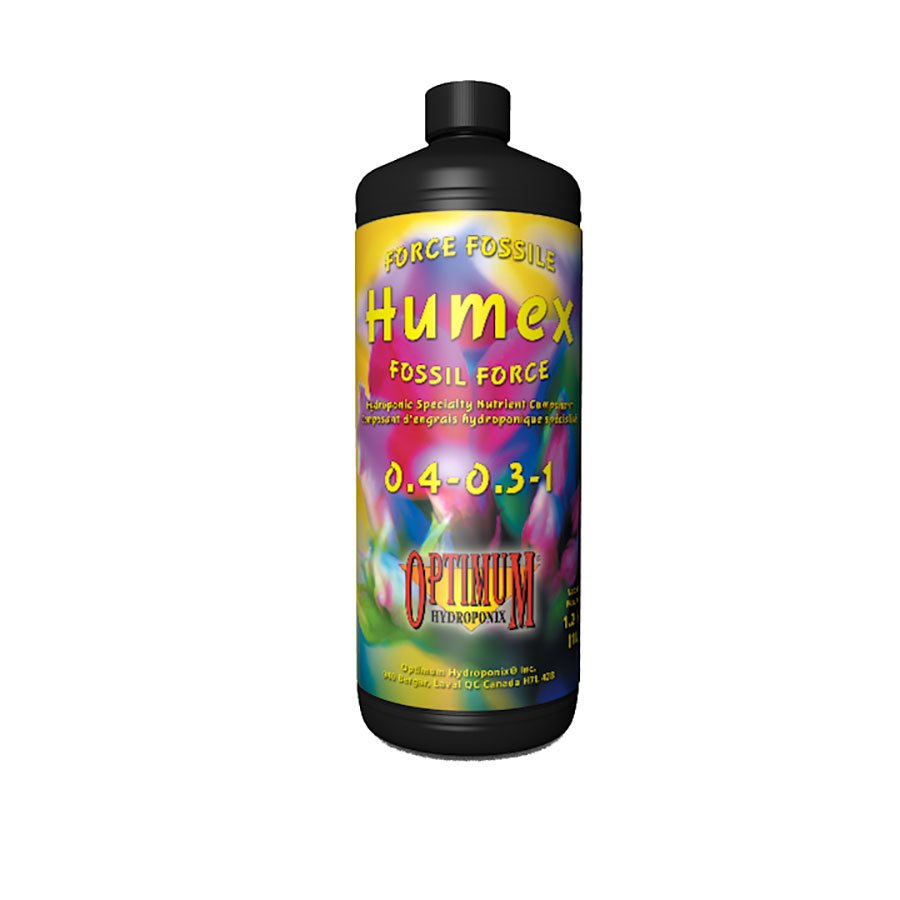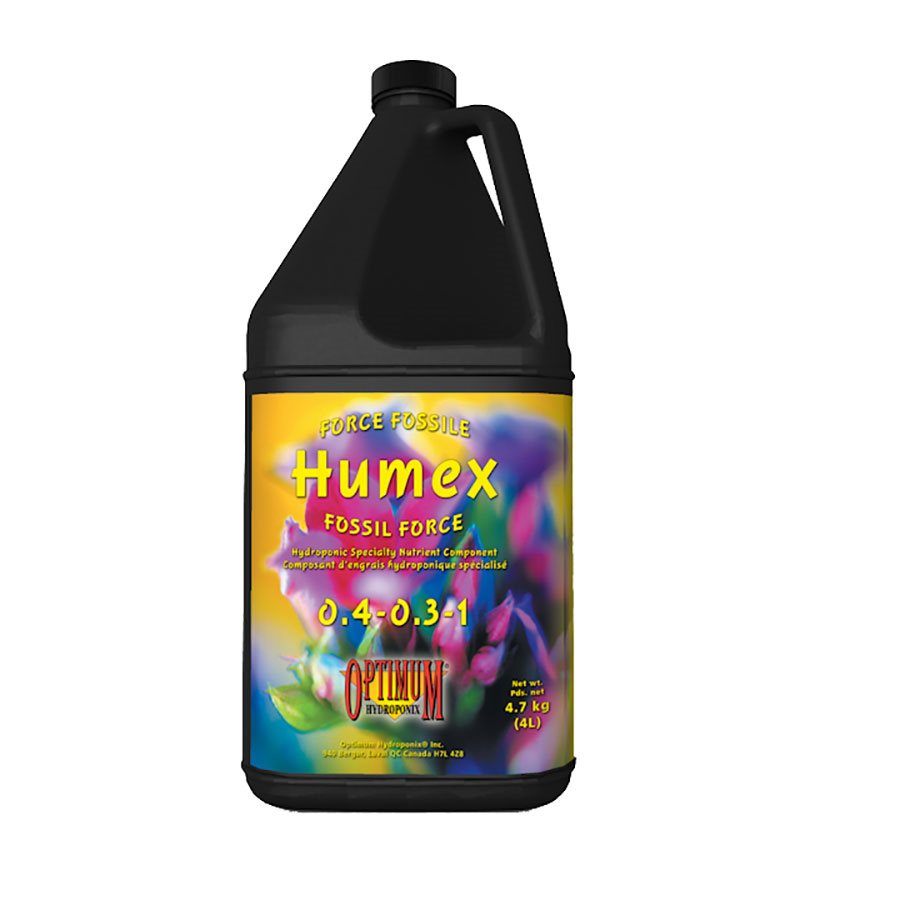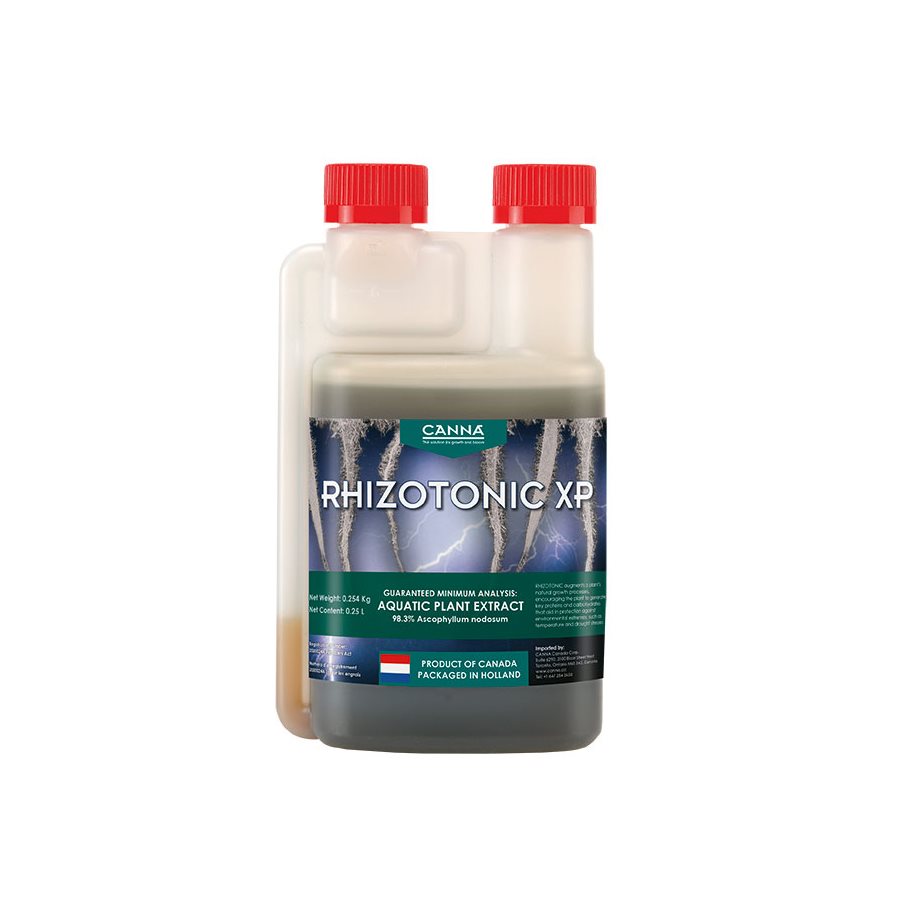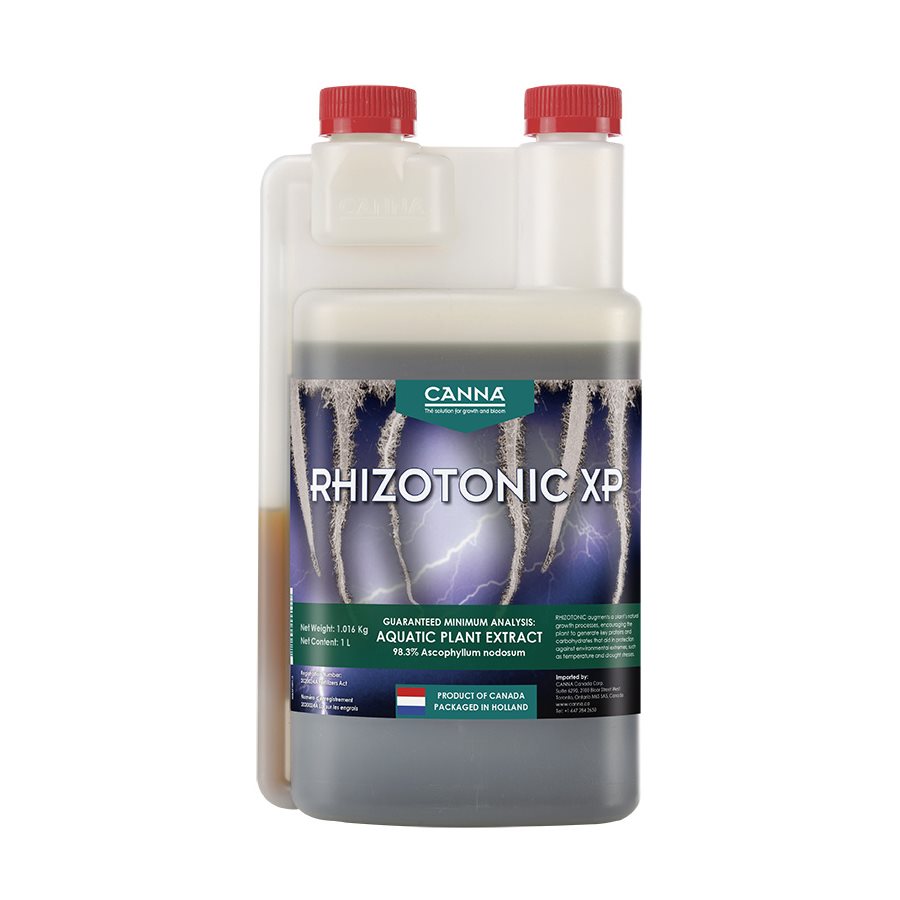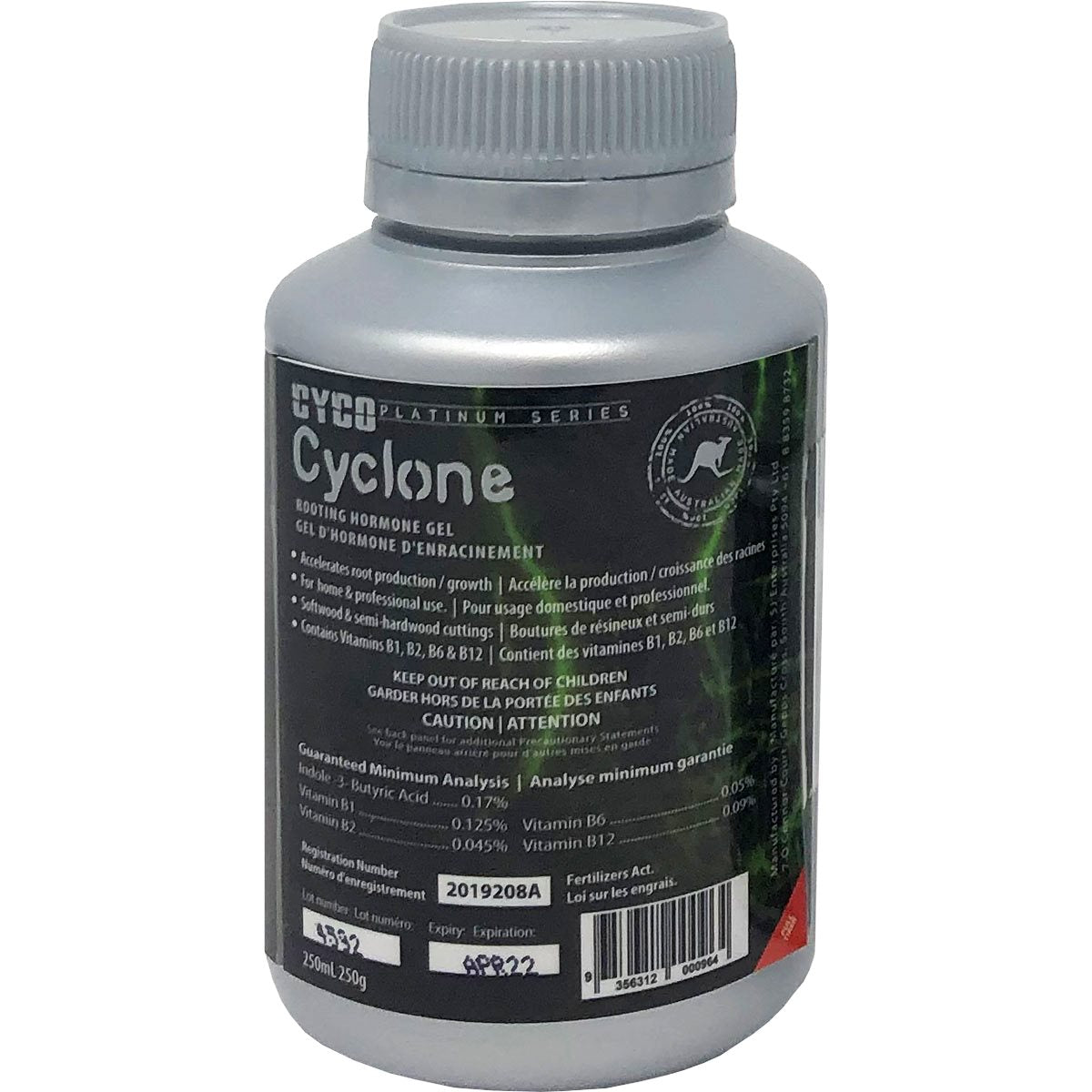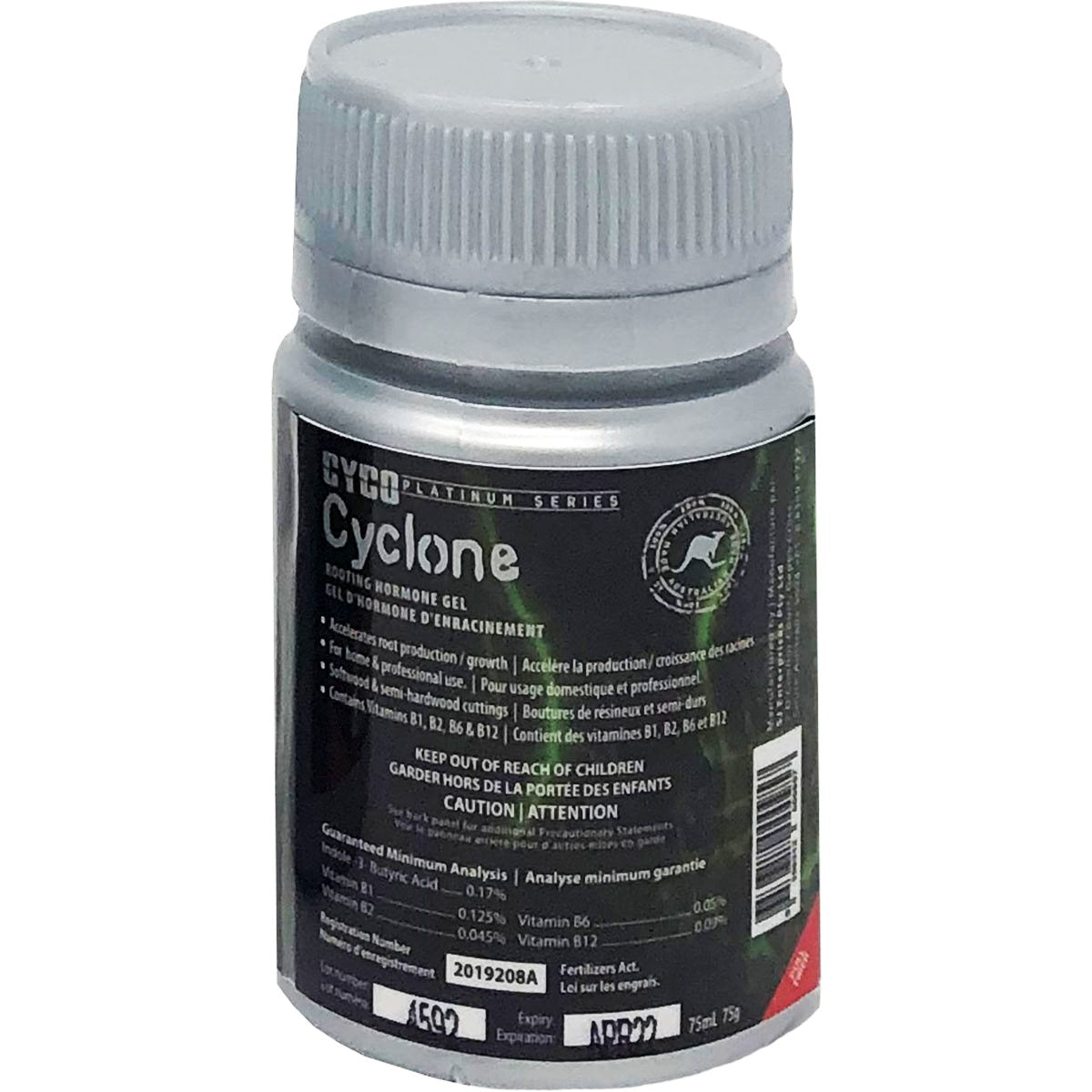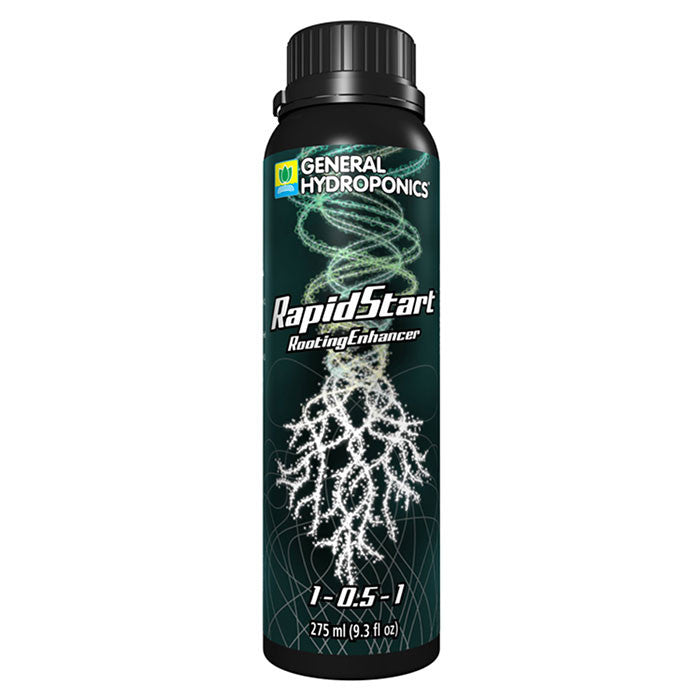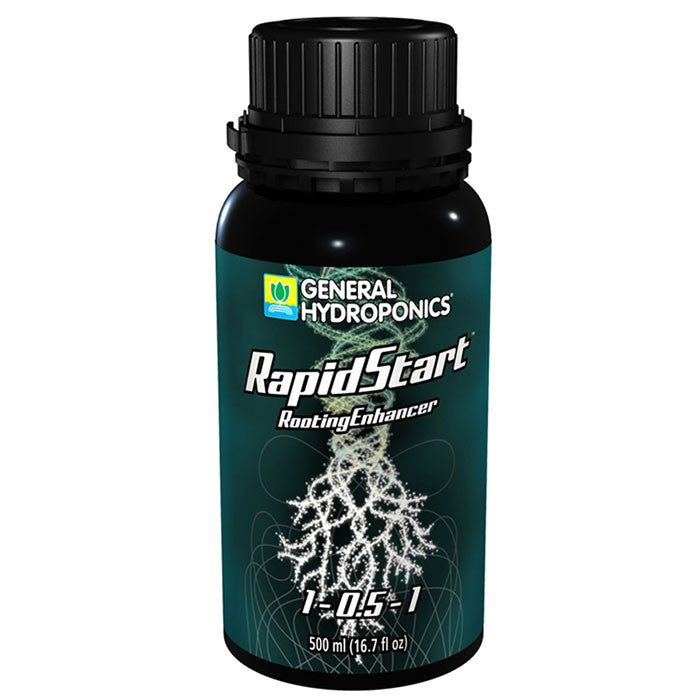Filters
Rooting Hormones
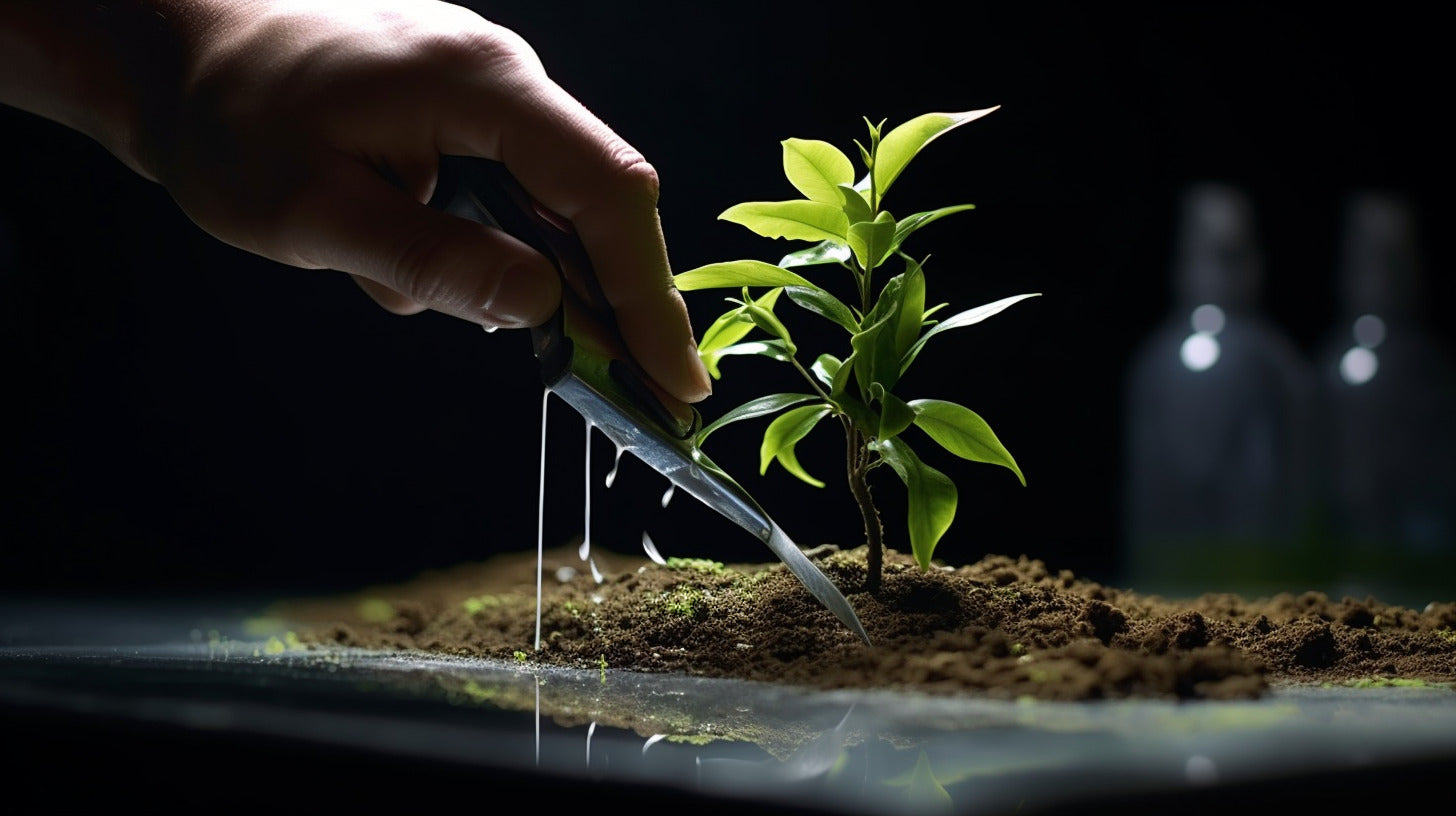
Rooting hormones are vital tools in plant propagation, enabling cuttings to transition smoothly from producing stem cells to manufacturing root cells. Our range of high-quality propagation products, suitable for both soft and hardwood stems, ensures your plants have the best start in life.
Whether you're growing herbs, vegetables, or more exotic species, our solutions, sprays, and cloning gels are designed to maximize success. Get ready to boost your gardening game with our superior rooting hormones.
Key Takeaways
- Rooting hormones help cuttings grow roots fast, making plants stronger and healthier.
- Different types like powders, gels, and liquids each have unique benefits for specific plant needs.
- Too much rooting hormone can hurt plants; use the right amount based on instructions.
- Natural options like honey or willow water are available but may not work as well as store-bought products.
- Store rooting hormones in a cool, dry place to keep them effective over time.
What are Rooting Hormones and Their Benefits?
Rooting hormones are the unsung heroes behind vibrant, thriving plants—think of them as a secret boost that empowers cuttings to sprout robust roots fast. These potent substances don't just enhance root development; they're pivotal for ensuring your green friends transition seamlessly from fragile cuttings into vigorous, well-established newcomers.
Stimulates Root Growth
Root growth gets a big boost from rooting hormones. These helpers are full of auxins, which kick-start new roots on cuttings. Imagine planting a cutting and watching it grow super fast – that's what adding extra hormones does for root creation. It wakes up the cells and tells them to start making roots.
Using rooting hormone makes roots appear faster when you're growing new plants. This turns slow growers into quick ones. New roots make plants stronger and more likely to do well. Simply put, more roots mean healthier, happier plants that will flourish in your garden or greenhouse.
Improves Plant Health
Rooting hormones work magic on your plants' health. They act like a special boost that makes roots grow strong and healthy. Using these hormones ensures your plant gets the best start in life, like giving it a health shake! This powerful treatment starts working before you even see roots, speeding up growth from the inside.
Cuttings with rooting hormones have a better chance of survival than those without. These compounds are great for tough species that don't root well on their own. With rooting hormones, gardeners notice more consistent root development—no more guessing! Plants gain a steady base for all the green growth to come above ground.
Increases Success Rate of Plant Propagation
Rooting hormones can really change how plants grow from cuttings. When you use these substances, more cuttings grow roots well. They make roots grow faster, and they work better, which is very important for growing plants and running a plant nursery.
Research shows this is true—cuttings with rooting hormones do better than those without them. People who grow plants notice that their new plants are healthier and more likely to survive.
Types of Rooting Hormones
Delve into the world of rooting hormones, where each type offers unique advantages for your propagation projects. Navigate through options that cater to specific needs—ensuring that every gardener finds their perfect match for encouraging robust root development in their plants.
Powder Form
Rooting hormone powders are a favorite for many growers. They have the same hormone levels as gel versions if you use them in equal amounts. This means they do just as well at helping roots grow strong. To use them, just dip your cuttings into the powder and put them in the soil.
While powders are as good as gels, keep in mind that liquid hormones with auxin usually work better than powders at similar strength. Synthetic choices vary – they might have different mixes or levels of auxins. It's key to choose a formula that fits what you need for your plants to grow well.
Gel Form
Let's talk about the gel type of rooting hormone. This sticky gel is great for growing new plants. It sticks to plant cuttings right away, giving them the stuff they need to grow strong roots.
Imagine a plant cutting dipped in this gel; it's like it has a little coat full of nutrients that helps it grow in new soil.
Nutri+ Root Plus Rooting Gel is also a good choice with lots of benefits. Want the best growth? Experts often use products like Technaflora Rootech Gel that mix powerful extracts for plants. Whether you choose man-made or natural gels, they make sure each cutting gets just as much hormone for an even chance at growing well.
Liquid form
Liquid rooting hormones are liked by growers because they work well. These liquid solutions usually do better than powder types, especially if they have the same amount of active stuff in them.
Gardeners and plant experts like that liquids come either strong or ready to use. You have to mix the strong ones with water so you don't hurt your plants.
When you use liquid aids for growing new plants from cuttings, it goes on evenly. This even spread helps roots grow the same way on many kinds of plants. If you are planting little new plants or making lots of clones, picking a good liquid type can help make sure they grow well.
These hormone products with auxin in them are a favorite for pros who want their plants to be healthy and start off strong.
How to Use Rooting Hormones
Understanding the proper application of rooting hormones can be a game-changer for your propagation efforts—discover the secrets to maximizing root growth and ensuring healthier plant development in our detailed guide.
Proper Application Techniques
Make each cut on your stem clean so the hormone can work well. Dip the bottom inch of your cutting into the hormone, but don't use too much. Using more than needed can harm your plant. After dipping it, put that treated end two inches deep into your rooting mix.
To improve growth chances, try the Spray Drip Down® Method when you propagate. Treat cuttings with this method many times to help roots grow strong! It's best to apply rooting hormones right before putting clippings in soil for great results.
Follow these steps and help your plants develop tough roots!
Dosage Guidelines
Getting the right amount of rooting hormone is important for roots to grow well. There are different strengths, from 500 to 1,500 parts per million (ppm), for soft and green cuttings.
To make your plants grow strong, use the right concentration for your plant. Usually, a small dip in powder or a quick stir in gel or liquid at the bottom of your cutting is enough.
Using too much can hurt your plants. Always follow the directions on labels to avoid using too much and to help roots grow healthy. Different types of growth helpers—like powders or liquids—are better for certain plants.
Make sure you know which kind works best with what you're trying to grow.
Safety Precautions
Look at the safety data sheet before you use a rooting hormone. It tells you how to use these items without getting hurt. Keep rooting hormones where kids and pets can't get to them to stop bad things from happening.
Put on gloves when you put growth hormones on plants to keep your skin safe. Using too much can ruin new roots, so always stick to the recommended amount for good plant care. Remember to wash your hands after you touch gardening products, like plant hormones, for your safety.
How to Choose the Right Rooting Hormone
Choosing the right rooting hormone means understanding your plants. Each species may respond differently to hormones, and cuttings vary in their needs. You might find a powder form that is easy to use and less messy than gels or liquids. On the other hand, gels stick well to cuts, ensuring good contact with growth regulators.
Think about your propagation setup, too. Liquids can be great for large batches, letting you soak multiple cuttings at once. But if you're working with just a few plants, dipping directly into a powder might be quick and fuss-free.
Check for auxin concentration – this is the active ingredient that encourages root development. Too strong could harm your cutting; too weak might not give it the boost it needs.
Lastly, consider going natural – some growers swear by homemade alternatives like willow water or honey solutions as propagation aids! Whether you pick store-bought or DIY options depends on what works best for your specific plant cloning projects.
Best Rooting Hormones 2024
Rooting hormones boost plant growth and protect against disease. They are key for the successful propagation of your plants.
- Remo Nutrients Roots: This potent rooting hormone boasts a unique formula designed to promote robust root growth, enabling plants to maximize nutrient uptake for healthier, more vigorous growth.
- Optimum Pro 2001 Cutting Solution: This solution is favored among many gardeners for its efficiency in assisting the rooting process. It contains hormones and vitamins that help cuttings quickly develop strong roots.
- Current Culture H2O Cultured Solutions UC Roots Nutrients: This nutrient solution is designed to optimize root health and improve nutrient absorption. Its unique formulation aids in the prevention of root rot and promotes healthier, denser root systems.
- Optimum Humex: Optimum Humex, a root enhancer and soil conditioner, increases root mass and nutrient uptake as well as boosts plant resilience to stress.
- Cyco Cyclone: This root stimulant enhances root development while helping plants withstand the stress of rapid growth, ensuring a healthy root system and flourishing plants.
Customer Testimonials
Gardeners are raving about the Hormex rooting powder. They say it makes plant roots grow strong and fast. People who tried Hesi Root Formula share that it's way better than gel products they used before. This product gets plants off to a great start.
Fans of Optimum Mystik Root can't stop talking about how well it works. Their plants get big, healthy roots thanks to this hormone. Black Flower Root Mass XL is also getting lots of praise for helping roots get thicker and stronger faster.
These testimonials show gardeners trust these hormones to help their plants thrive.
Expert Advice and Tips
Experts in horticulture know that using rooting hormones can drastically improve the odds of success with cutting propagation. These substances mimic natural growth hormones found within plants, encouraging quicker and more reliable root development.
Experienced gardeners often recommend applying a small amount of rooting hormone to freshly cut plant stems. This step ensures direct contact where new roots will sprout.
Choosing the right type and amount of rooting hormone is crucial for healthy plant growth. For soft stem cuttings, a liquid form might be best; it's easier to coat thinly without excess buildup.
On the other hand, hardwood cuttings typically benefit from powder forms due to their longer-lasting action. Always stick to dosage guidelines – too much can harm your plants rather than help them thrive.
Growing Tips and Advice
Rooting hormones boost your plants' chances to thrive from cuttings. Dip the end of your cutting into a rooting compound before placing it gently into the soil. This encourages quick and healthy root development, which is crucial for strong plants. Keep your plant material moist but not soggy—too much water can cause rot or fungus.
For successful nursery plant propagation, consider the type of cutting you're working with. Softwood cuttings take well to most rooting compounds, while hardwood might need a stronger formula like synthetic hormones.
Remember to apply just enough hormone to cover the cut surface; too much can harm plant growth rather than help it.
Contact Us for Orders and Professional Advice.
You've got the tips; now, let's turn them into thriving plants. At CanadaGrowSupplies.com, we're ready to help you find the perfect rooting hormones for your garden.
Reach out to us and experience top-notch service tailored just for growers like you.
Don't wait—get in touch today and watch your plants flourish!
Reference: "Exogenous hormone treatment, such as rooting hormones, accelerates the synthesis of roots and aids in the root pre-emergence stage during the rooting process." Source
FAQs
When should I use rooting hormones?
Use rooting hormones when you're planting a new cutting and want to encourage strong root development.
Can I use rooting hormones for all types of plants?
Most plants respond well to rooting hormones, but some may not need them; check if your particular plant type benefits from its use.
Are there natural alternatives to commercial rooting hormones?
Yes—cinnamon, honey, and willow tea are popular natural options that gardeners sometimes use as homemade rooting aids.
How do I apply rooting hormone to a cutting?
Dip the end of your cutting into the hormone, then plant it directly into the soil or growing medium.
What is a good homemade rooting hormone?
A popular homemade rooting hormone comes from using apple cider vinegar. Just a teaspoon of apple cider vinegar dissolved in a cup of water creates a suitable environment for roots to sprout. While not as potent as commercial rooting hormones, it offers a more natural approach to propagating plants.
What is the hormone for rooting?
The hormone responsible for rooting in plants is called auxin. Specifically, the type of auxin used in most commercial rooting products is Indole-3-butyric acid (IBA), which stimulates root growth and is crucial for plant propagation.
What chemical is used in rooting hormone?
The chemical most commonly used in rooting hormones is Indole-3-butyric acid (IBA). This compound is a plant hormone in the auxin family and is an ingredient in many commercial horticultural products. It is a proven propagator and greatly aids in stimulating root growth in plants.
What is equivalent to rooting hormone?
One viable alternative to rooting hormone is honey, which possesses natural antiseptic and fungicidal properties. Although not a hormone itself, honey creates an ideal environment for rooting due to its antibacterial qualities, helping to protect the cutting until it develops its own roots.



